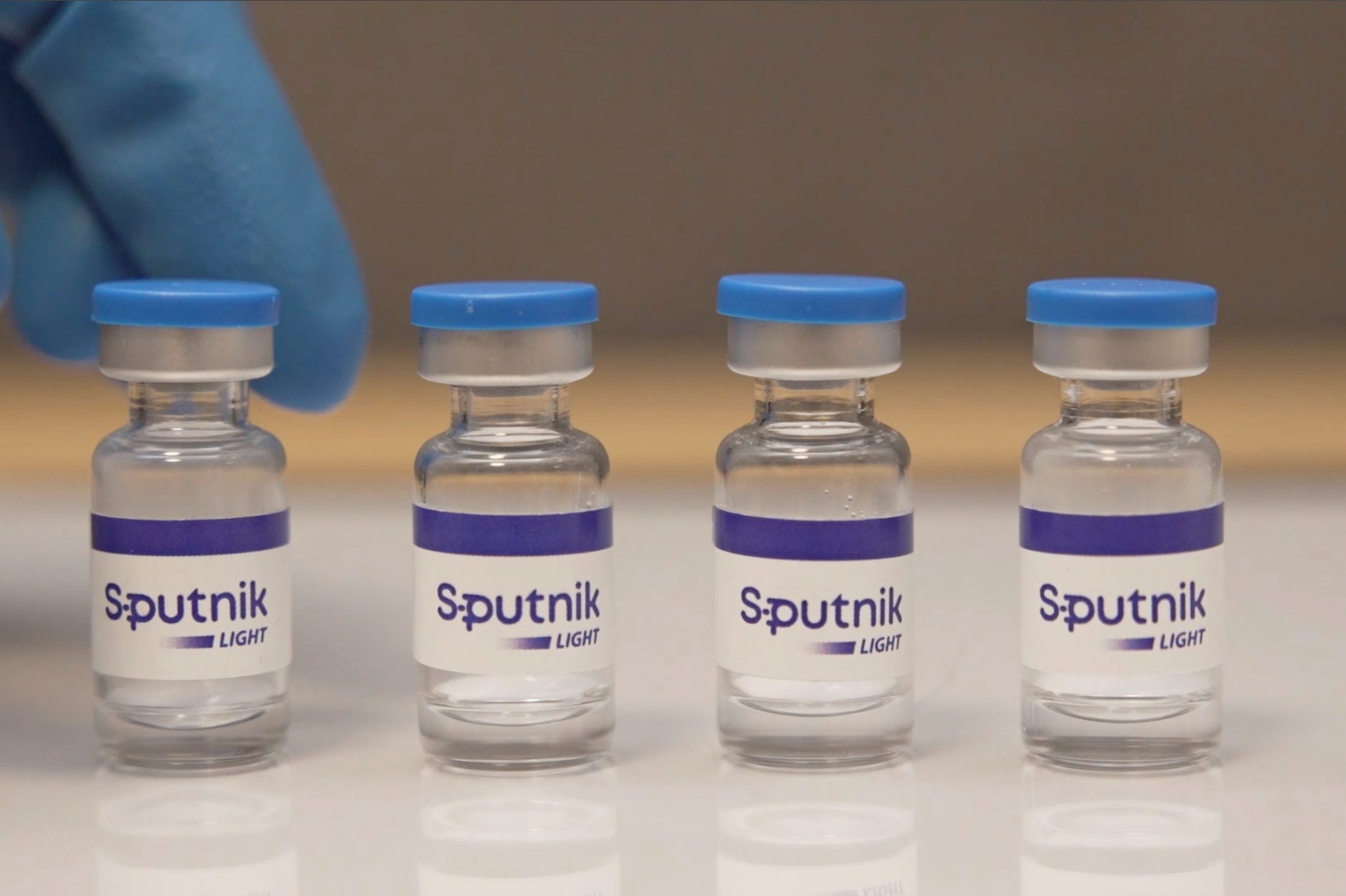According to the Ministry of Health and the National Institute of Health, the “Sputnik V” vaccine was developed by the National Research Center for Epidemiology and Microbiology of the Ministry of Health of the Russian Federation.
As “AstraZeneka”, the vector of “Sputnik V” is based on “adenovirus”, but in this case human adenovirus was used (according to the source, “AstraZeneka” vaccine is based on chimpanzee adenovirus – editor).
“Sputnik V” is registered in about 60 countries, but still needs to be approved by the EMA for import and use in Europe.
In September 2020, The Lancet, a leading medical journal, published some of the results of Phase 1 and 2 clinical trials of Sputnik V, which suggest that the vaccine produces a strong immune response without serious side effects.
And on 2 February, 2021, The Lancet published the results of the third phase of clinical trials of “Sputnik V”, according to which the Russian vaccine shows 91.6% effectiveness against symptomatic COVID-19, without serious side effects and high efficacy in severe or extremely severe cases and against hospitalizations.















